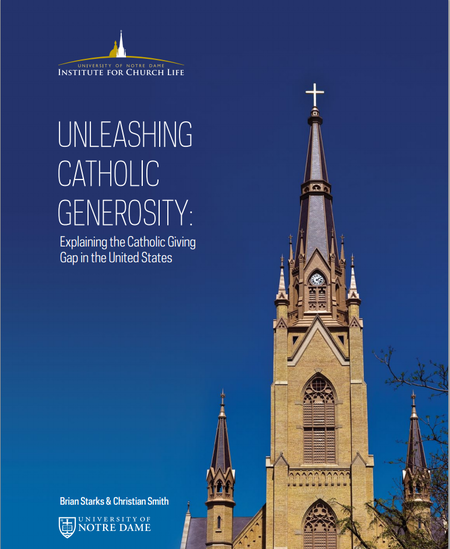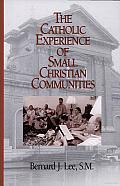
CSPRI’s major research report on the Catholic giving gap in the U.S. is now finished. You can read the full report and find out why religious giving among American Catholics lags behind that of almost all other faiths in the U.S. Even more importantly, you can find out what our research suggests are the best ways for promoting generosity in Catholic parishes. The report is also accessible from CSPRI’s home page at http://cspri.nd.edu.
In the weeks and months ahead, I will be publishing additional short “online analyses” here at the Catholic Conversation. For instance, I will explore differences in likelihood and levels of giving depending on Americans reported approach to giving (e.g., giving spontaneously, giving what they can afford at the time, giving a weekly amount, or giving a percentage of one’s income). I will also explore differences in giving among self-identified traditional, moderate, and liberal Catholics and examine explanations for why any such differences exist. If you have a question regarding the topic of religious and charitable giving, please ask it via “comments” and I will see if I can incorporate your questions into my future posts in some way, shape, or form.
Happy Thanksgiving!

